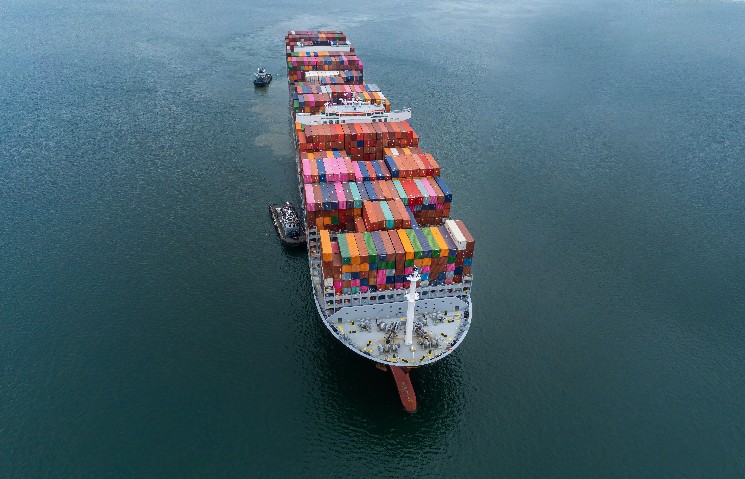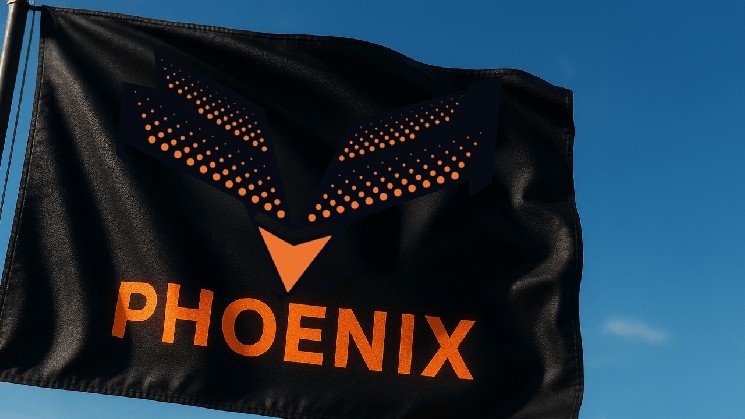How Some Bitcoin Mining Companies Are Trying to Bypass US Customs Enforcement

Some participants in the Bitcoin (BTC) mining market frequently undervalue the value of their equipment when they ship it to U.S. Customs and Border Protection (CBP) in order to reduce customs duties, multiple people familiar with the matter told CoinDesk.
With the Donald Trump administration increasing tariffs on most imported goods, these tax avoidance efforts are more urgent than ever.
“[The industry] usually finds ways to get around [tariffs] by putting lower prices on the packaging,” Jill Ford, founder of BitFord Digital, a company that supplies mining equipment, told CoinDesk. “It’s risky and I don’t recommend it, but that’s what they do to get them.”
Bitcoin mining has taken off in the U.S. in recent years, especially after China, once a hub for Bitcoin mining, banned the activity in 2021, leading to a massive relocation of the industry to jurisdictions like Texas. However, the $30 billion application-specific integrated circuit (ASIC) market is dominated by Bitmain and MicroBT, which manufacture most of these mining machines in Southeast Asia.
Companies like BitFord typically act as intermediaries between manufacturers and miners, although they can also purchase ASICs on the secondary market. The largest of these brokers offer a wide range of hardware and power infrastructure that miners may need.
The Trump administration’s new trade policy, unveiled on April 2, threatened to impose significant tariffs on goods from Southeast Asian countries like Malaysia, Thailand, and Indonesia. A week later, the White House announced a 90-day moratorium on some of those tariffs to allow for negotiations on new trade deals. The uncertainty has caused chaos among U.S. Bitcoin miners, who will now have to contend with the possibility of paying huge taxes on their ASIC supplies.
Yet even before the tariffs were imposed, mining companies regularly undervalued their shipments to the U.S., according to Ford and other sources.
“It’s a scam. It’s definitely illegal. But a lot of people have taken the risk and done it, and I don’t condone it,” Ford said. “If my customer wants to do it, that’s their decision … We say, ‘How do you want to declare your package? What’s the value?’ And if they say, ‘Just declare it as $300,’ then that’s what we’ll do. But if it gets held up in customs, that’s really their problem.”
Tightening control
It used to be relatively easy to undervalue ASIC shipments, Ford said, with CBP rarely conducting inspections. That began to change around November 2024 after Trump won the election, Ford said, while another source familiar with the shipments, who spoke to CoinDesk anonymously, noted that CBP’s recent investigation into whether imported mining rigs violate sanctions related to the chips may have prompted the agency to take a closer look at the sector.
“Before, if a mining rig was worth $3,000 or so, we would declare it as $300. It would just pass by. Now, they seem to look it up online to find out what it’s worth,” Ford said. “There’s really no way around it. I mean, you can understate it by 20% or 30%, but not like you could before.”
The size of the shipment also plays a role. Importing one or two machines usually doesn’t trigger scrutiny, Ford said, but when miners import machines in bulk, CBP starts paying attention. Hundreds of thousands of mining rigs enter the U.S. every year.
However, Ford said, some states appear to have stricter CBP measures than others because those controls have not been tightened uniformly across the country.
“I have a client in Oregon who has no problem with underdeclaring the value of their goods and shipping them right away, but I have another client in Kentucky who has 100 cars stuck in customs that are worth $9,000 each,” Ford said.
“We ended up having to ship it back to Hong Kong in Kentucky, and now we’re like, ‘Well, where do we ship it to get it?’ And I was like, ‘Maybe we should just go through CBP in Oregon or California,’ because it’s just a nightmare trying to get it into Kentucky.”
Imports are also affected by which carrier is used. In Kentucky, it's easier to go to DHL than UPS, while UPS tends to be less strict on the West Coast than on the East Coast, Ford noted — and that's common knowledge among her suppliers.
A supply chain expert told CoinDesk that the differences in enforcement are likely temporary. They said CBP may have decided to take a closer look at mining rig imports, but the new directive is simply being implemented at different speeds depending on the jurisdiction.
CBP did not respond to a request for comment.
In a subsequent email to CoinDesk, Ford appeared to soften her comments, shifting the blame to U.S.-based operations.
“Just to be clear, this was not a miner-driven practice. Over the years, many Chinese mining equipment suppliers have routinely undervalued their shipments — often by listing machines at the lowest possible price. This was not a miner-driven scheme, but a widespread and
Source: cryptonews.net



